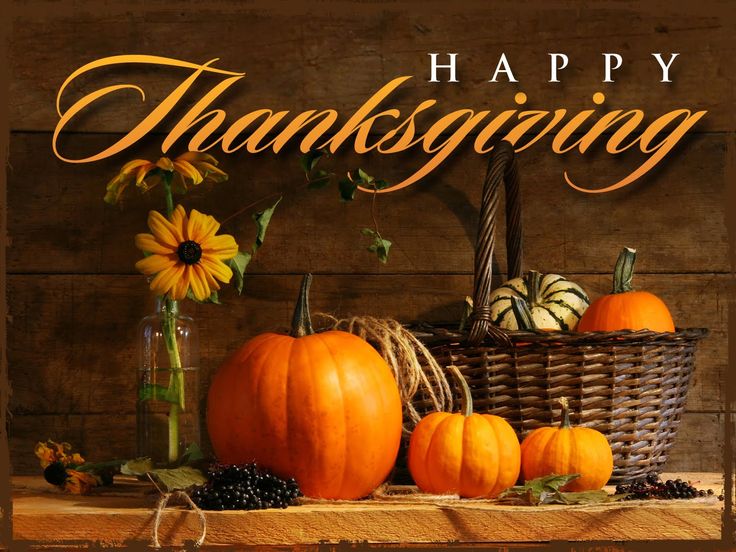
Once upon a time there was a girl named Sara. Sara was a researcher and a writer. One day she read a journal of a man who lived in 1621 on the Plymouth Plantation. This was one of the first settlements in the New England Colonies of America. In the journal that Sara read, there was a short description of a fall harvest celebration that the people enjoyed. Sara read that only about half of the people who originally headed to the New World with this group had survived the first year in the new colony. So after they had reaped their harvest in the fall they declared a time of celebration. The writer of the journal stated that men were sent out to hunt fowl and brought back enough for the people to celebrate for a week. The journal also spoke of local natives coming and bringing deer to add to the feast of celebration. The natives stayed three days with the colonist and ate and played games and just rejoiced in the bounty of the land. As Sara read this story, she thought what a wonderful idea. She later found out that another settler of Plymouth Plantation had written a journal as well. She found that this other journal also briefly described these days of feasting and celebrating.
Sara was so intrigued with this fall harvest celebration that she embellished it a bit and began writing about it. She even sent requests to leaders of the country, including the president. When she sent her request to make a national holiday of Thanksgiving in the fall to President Abraham Lincoln, he thought it a good idea.
Sara may have got the idea to call this day Thanksgiving from the journal of the colonist. Because even though they did not call the day in the fall of 1621 a day of thanksgiving, two years later the settlers had a church celebration of Thanksgiving were they read from the Psalms and sang hymns.
Sara tied these to events together in her articles about the feast and celebration. Over time others grasp on to this idea of celebrating a day of thanks to God for His provision. No where, in any of the documents about this pilgrim celebration is there mention of a feast called Sukkot or of recreating a feast from the homeland. All that is mentioned is the great joy that the people had at God’s bounty and provision.
Over time different leaders of the country have slightly changed the day and way of celebrating this fall harvest feast called Thanksgiving. And over time some people have added their own ideas and beliefs to this day. Sadly over time, some have even made it into a day of mourning. But the truth is there is very, very little actually recorded about this very first celebration in 1621 in Massachusetts. In fact, the actual date of this event is not even on record.
Some added info for fun:
Pilgrims were not puritans. Puritans were the people who wore the funny outfits we often think of the pilgrims wearing at the first thanksgiving.
Pilgrims were mostly a religious group seeking freedom from the church of England, and they were poor. Puritans were more well to do and educated and agreed with the church of England. Puritans formed the first college in New England.
Both groups settled in what is now the state of Massachusetts.
The people feasted for a week according to Edward Winslow. The natives came for three days according to Edward Winslow.
Here is a short compilation of all that is written about that first thanksgiving. Pilgrimhall article
Sara letter to President Lincoln
I hope this was fun and informative. Thanksgiving to God was the intent of the first pilgrims and it should be ours this National holiday and everyday.
Related Posts:
Written by Katie
Things to know as you visit our site
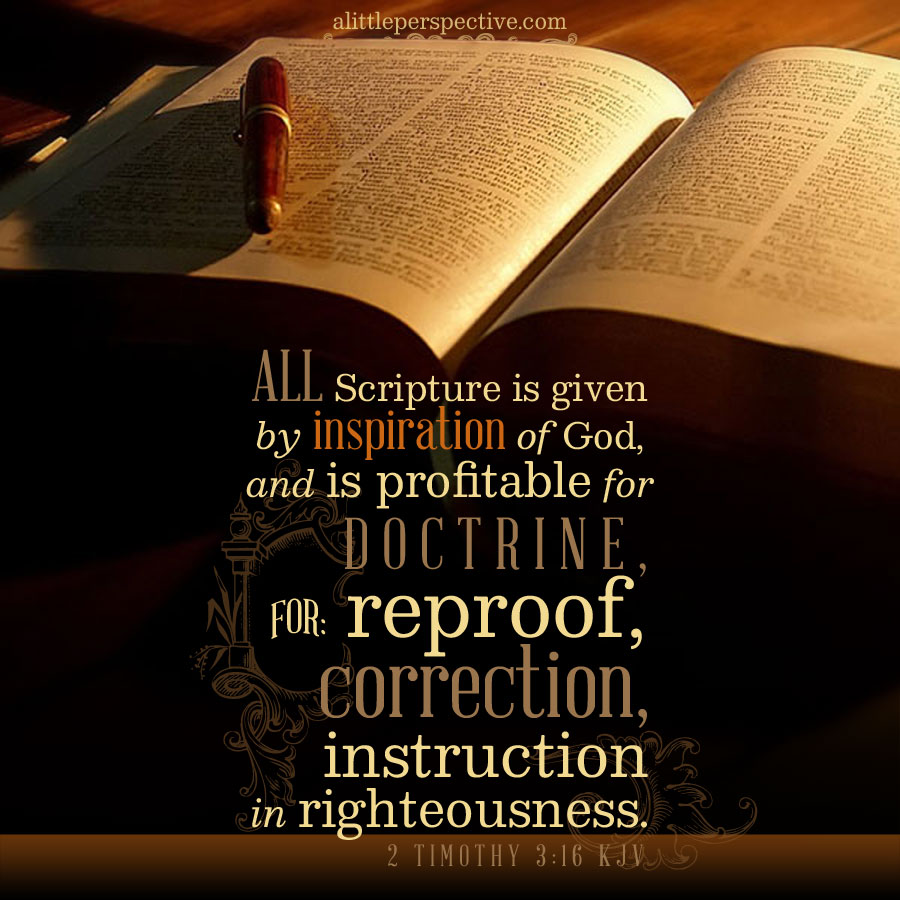 We are Bible believing, scripture only people. We love to learn about the Hebrew roots of our faith. We believe it is important to not add or subtract from the Divine Word of God. The compiled scriptures that agree with one another and have no contradiction is the 66 books of what is commonly referred to as the Christian Bible, or the Holy Bible.
We are Bible believing, scripture only people. We love to learn about the Hebrew roots of our faith. We believe it is important to not add or subtract from the Divine Word of God. The compiled scriptures that agree with one another and have no contradiction is the 66 books of what is commonly referred to as the Christian Bible, or the Holy Bible.
These writings were originally written by men inspired by God. They were written in the language of the writers and readers of the original documents. Many of the original documents have been lost, but God’s Word is eternal and remains. Therefore, it is important to us to study, learn, and consider the culture, history, and language of the original writers of the scriptures.
In our studies we have learned that the true name of God is Yehovah, and His son, our Messiah, is named Yeshua. Therefore, as you read our posts we will use the Hebrew names of God and our Messiah.
Popular Posts
- Whole Bible Believer, Torah Observant Christian
- Parenting an Adult Child that is Disrespectful and…
- Thinking on Sign on the Hand, Symbol on the Forehead
- Homeschooling Torah (my official review of the best…
- Copying the Bible (FREE Homeschool Copywork guide printable)
- What was Job’s sin? Why did God let Job suffer…
- Demons, devils, spiritual beings, real or not real???
- Christmas, a Biblical Perspective
- Fall Feast dates 2023!!! It’s Coming!!!!
- Oh, Be Careful Little Mouth What You Say
Categories
- 40 days of Prayers for my Husband
- Adoption
- All about Animals
- Baking
- Bible Reading Challenge
- Biblical Living
- Biblical Marriage
- Birth Stories
- Carman Family Life
- Carman Farming
- CEF (child evangelism fellowship)
- Color Thru the Bible
- Copy Work
- Danger of Homeschooling Series
- Day in the Life of a Big Family
- Dyslexic perspective
- Fall Feasts
- Family
- Family Rule Book
- For My Children
- God's Calendar and Biblical Feasts
- Gospel of Yeshua Messiah series
- Holidays
- Home Discipleship
- Home Schooling
- Homemaker
- Journey series
- Journey to Redemption
- Katie, the Cleaning Lady
- Katie's Ramblings
- Kid Posts
- Mental Health
- Name Series
- Organization (Hirn Helpers)
- Parenting
- Popular Posts
- Prayer Challenge
- Prayer Challenge for the Children
- Praying the Fruit of the Spirit
- Rachel's Writings
- Sabbath
- Spiritual Warfare
- Spring Feasts
- Ten Days of Prayer Challenge
- Torah Talk
- Torah/Bible
- Tyler's garden
- Tyler's Tidbits

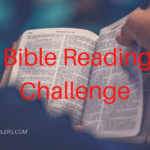
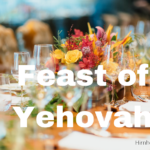

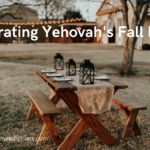
Leave a Reply